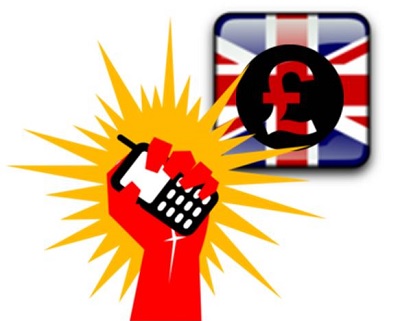The post holiday rush caused nine of the top ten sites on the Keynote index to slow down.
The Keynote Mobile Commerce Performance Index has revealed that among the top ten sites, nine experienced slower than normal load times during the week that ended on January 5, as a result of heavy use by shoppers who were looking to find a great last minute deal following the official holiday season.
Shoppers continued to search for deals long after the holiday season had already come to a close.
Retailers experienced continued online sales both online and through mobile commerce as shoppers continued to return. This surge following Christmas and New Year placed considerable pressure on websites, particularly those meant for smartphones and tablets. It also added some strain to wireless carrier networks. The result was that page load times slowed down a little bit, according to Keynote’s data from that week.
This shows that online and mobile commerce holiday shopping doesn’t stop at January 1.
 Instead this mobile e commerce trend showed that shoppers will continue purchasing as the sales continue in through the first month of the year. This involves a mix of different types of purchases such as through exchanges, buying at discounted sale prices, or shopping with gift cards that were received at Christmastime.
Instead this mobile e commerce trend showed that shoppers will continue purchasing as the sales continue in through the first month of the year. This involves a mix of different types of purchases such as through exchanges, buying at discounted sale prices, or shopping with gift cards that were received at Christmastime.
Each of these individual trends adds its own amount of pressure to the overall mobile ecommerce scene. During that week, the average smartphone friendly site homepage load time among the 29 different retailers that make up the index was 7.62 seconds. When compared to the week before, this was slower by 0.62 seconds.
During that week, Sears Holdings Corp. managed to top the index, with a load time of its mcommerce home page load time of 3.13 seconds. Its success rate was a tremendous 100 percent. This earned the company a very strong 986 score out of a possible 1,000 on Keynote’s index.
This was achieved through a light mobile commerce homepage weight of 61 kilobytes made up of only 8 elements. Typically, Keynote’s recommendation is that a site contain only a maximum of 10 to 12 elements (for example, scripts and images) and that it weigh no more than 61 kilobytes to ensure optimal performance.

 As this
As this 